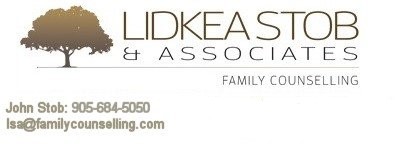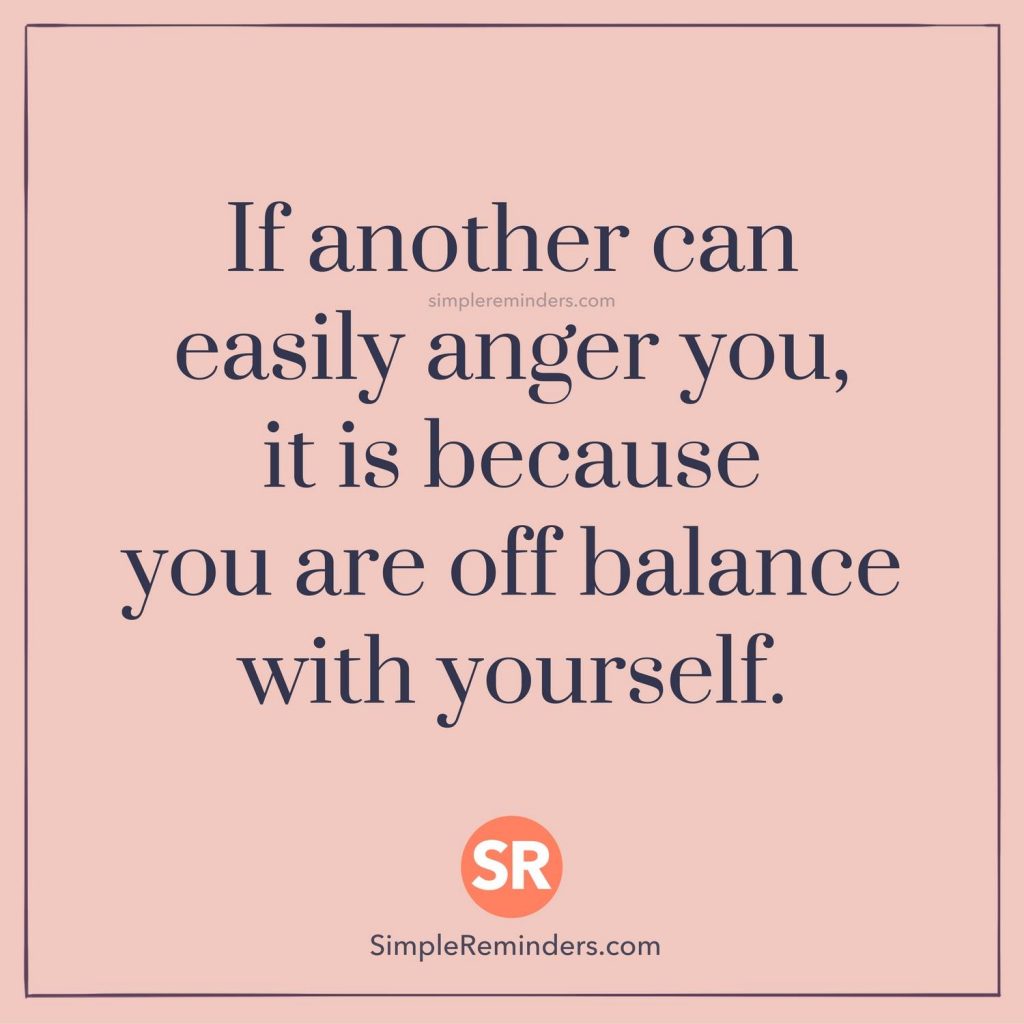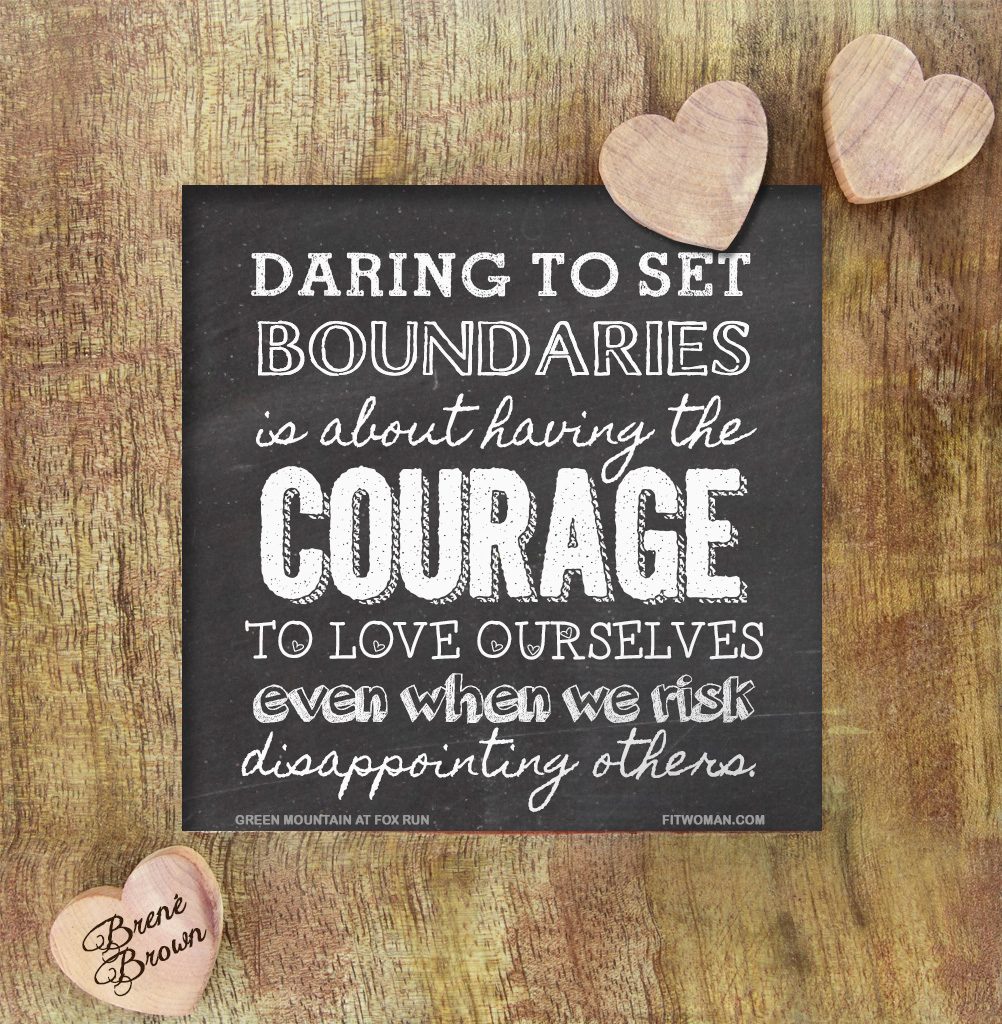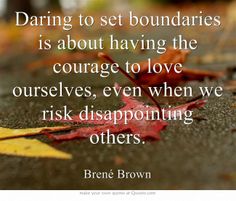Owning it: Take charge of your own feelings
It is always interesting when I hear someone tell me about a colleague, friend or family member that “makes” them angry. As cliche as it does sound no one else can be responsible for how we feel. It is a difficult life lesson but by owning our feelings we can find more peace and calm in our lives.
…our beliefs and expectations about a person or event or situation directly influence, and many would argue, cause our feelings. They are not the result of or inherent in of the situation itself. Others do not cause our feelings- we cause them ourselves –
Taking responsibility or owning our feelings although difficult can free us from our self imposed mental constraints. In 5 Strategies For Ending the Blame Game and Taking Responsibility, tip number one suggests creating an intention. Declare to yourself that you will accept responsibility for your overall wellbeing both emotional and physical. Start you day with intent and purpose and with each passing day you will believe in yourself more and more. You will build confidence in knowing what you are capable of doing.
Set clear boundaries. This is a subject that cannot be talked about enough. Boundaries that are set and defined by us can keep us safe. Safe from saying yes to things we don’t want to do but also from owning someone else’s stuff. Self responsibility means that we have to take care of what is bothering us but we are not in charge of what might be impacting someone else. This is where the boundaries come into play.
Setting Emotional Boundaries: Stop Taking Other People’s Feelings. The phone call from someone close to you that leaves you feeling sad or agitated. That is an indication that we are taking on someone else’s feelings. It can be easy to do when someone is feeling sad or depressed. We want to listen, we want to help but we need to have boundaries that help ourselves. In this article one of the examples used describes releasing the need to fix things for others. That release happens when we give permission to ourselves to not take on more or take responsibility for others.
Emotions such as anger and frustration can be diminished in our lives if we hand back things that emotionally aren’t ours. The argument between two friends that finds you in the middle or the sibling who wants someone else to fight their battle with mom. So next time you are feeling upset, step back and ask what it is or who it is you are reacting to.
Save



